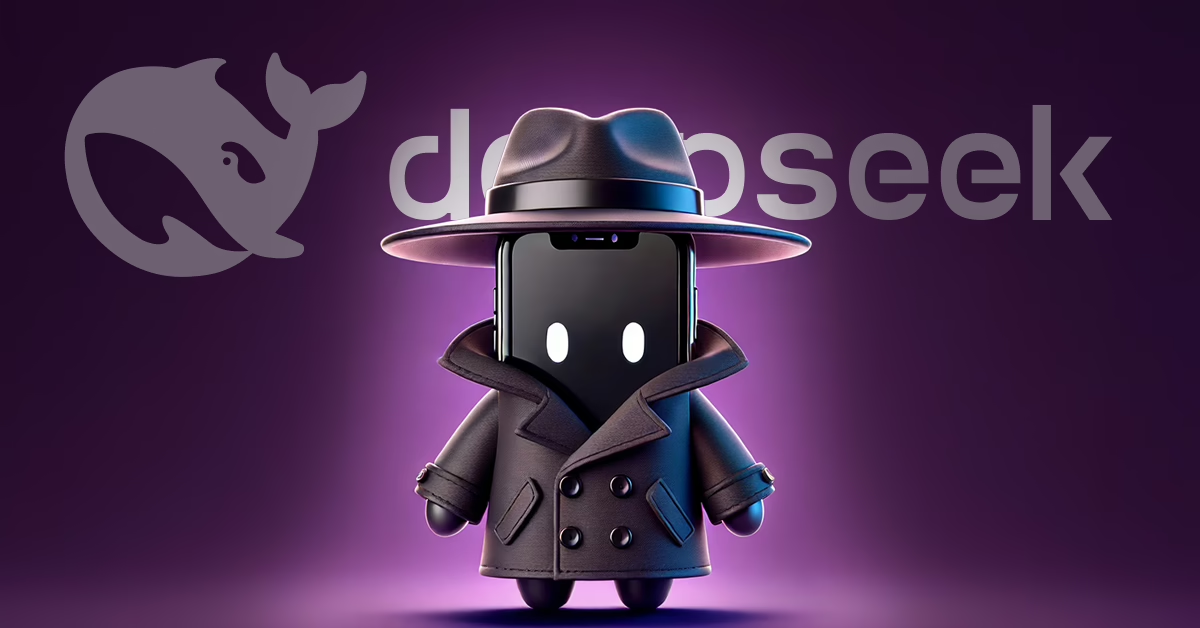When you watch a magician perform, you probably wonder how they manage to pull off the tricks or illusions before your very eyes. This wonder adds to the entertainment value, and comes partly from a technique called misdirection. Misdirection is a planned set of actions and language used to focus your attention away from what makes an illusion work.
Many acts of ‘digital misdirection’ are happening before our very eyes every day, and we are starting to become more aware of them. Every action we perform online has become a piece of data which is used to coerce and constrain our digital experiences. We see it in the ads that show up across all our devices following an Internet search, in the ever-narrower set of content we’re shown on our social media sites, and in the increasingly compelling, and sometimes spooky, product recommendations we receive. This digital misdirection goes on to the point that we begin to wonder whether we can still exercise any free will online at all.
Companies are claiming OUR DATA as THEIR ASSET and making money. It’s known as surveillance capitalism. Professor Emerita Shoshana Zuboff of Harvard Business Schoolfirst coined the termsurveillance capitalism to describe exactly this in her book, The Age of Surveillance Capitalism: The Fight for a Human Future at the New Frontier of Power. Zuboff defines surveillance capitalism as “the unilateral claiming of private human experience as free raw material for translation into behavioral data. These data are then computed and packaged as prediction products and sold into behavioral futures markets — business customers with a commercial interest in knowing what we will do now, soon, and later.”
What Led to the Rise of Surveillance Capitalism?
So, how did we get to this point and, more importantly, how did we get to this point oblivious to the systematic misuse of our personal data? It happened gradually.
As Internet technology developed, sites offered tangible or digital services, and we paid for them. Our activity on a particular site may have been logged, but it was treated as digital exhaust, a waste product of the business offering us goods and services. This digital exhaust spanned (and still does) all aspects of our lives – family, community, professional and the deeply personal – reducing our privacy and anonymity when we might want it most.
Later, businesses recognized that our use of a site or service was useful in aggregate with that of other users and was helpful for making the business and its supply chain run more efficiently. This is about the time where privacy-minded people thought trading our personal information for access was a fair trade.
Next, sites and services converted our digital waste into a new analytical product. This allowed them to provide extreme personalization as a benefit to us while turning the data into a new asset for their company’s use or for on-selling to business partners and data brokers. Once this became technically feasible to do at scale a little over 10 years ago, a new era began in our relationship with technology. We became the Product.
Lastly, in its most mature and sophisticated form, surveillance capitalists use our data to influence our future behavior and choices, allowing the creation of a new information asset for predictive analytics. Some investors find the surveillance dividend too seductive to resist. This is also the point where the harm goes well beyond just highly personalized and targeted ads. For example, as explained in the documentary The Great Hack, Cambridge Analytica employed these methods to shape political rather than commercial behavior.
Zuboff describes Pokémon Go as an example of this advanced form of surveillance capitalism. The misdirection allowed us to be entertained, so for the most part people did not question whether the game had an ulterior motive. Pokémon Go mobilized people on foot, and companies bid to have the gamers pass closer to their stores. The motives here were hidden from us because we’d never agree if we were fully informed about how the company was using our personal data. Companies frequently use the veil of a complex privacy policy to avoid offering us the opportunity for informed consent. I wonder why?
Zuboff writes that surveillance capitalism exploits human nature in the same way that industrial capitalism exploits nature. Surveillance capitalists, such as data brokers and advertising technology companies, will argue that their exploitation is an inevitable side-effect of the mass adoption of digital technology. Hardly compelling in my opinion.
There Are Things We Can Do
First, we can all take small steps to reduce the impact of surveillance capitalism on our lives. When choosing products and services, consider their privacy characteristics in the same way you would consider safety when buying a new car. As a general rule, be more suspicious of a product that is free forever, where you would be very likely trading your content and usage data for use of the service. There are many good alternatives for some of the Internet services you currently use.
Second, we can be proactive in managing our privacy online. Here at Anonyome Labs, we envision a world where our personal data is secure and under our exclusive control. We do not subscribe to the notion that being private means opting out of online services or hiding from the world. We offer MySudo as a tool to create multiple personalized identities that match the context and content that users wish to share. Each of us should be empowered to be able to determine what, with whom, and how we share our information.
Third, we need to support governments and regulators who are bringing forward change to protect our personal data from abuse by surveillance capitalists. California’s Consumer Privacy Act (CCPA) is one example that has recently come into effect. A comprehensive national consumer privacy law in the United States could protect us even further.
Once you know where to look, magic doesn’t hold the same wonder that it once did. Experiencing misdirection during a magic show is probably a fair trade for the entertainment we get from that show. But having our entire digital life misdirected in exchange for access to sites and services feels like an unfair trade. With MySudo app, we gain a powerful ally in the trade war with surveillance capitalism. Download it today.


